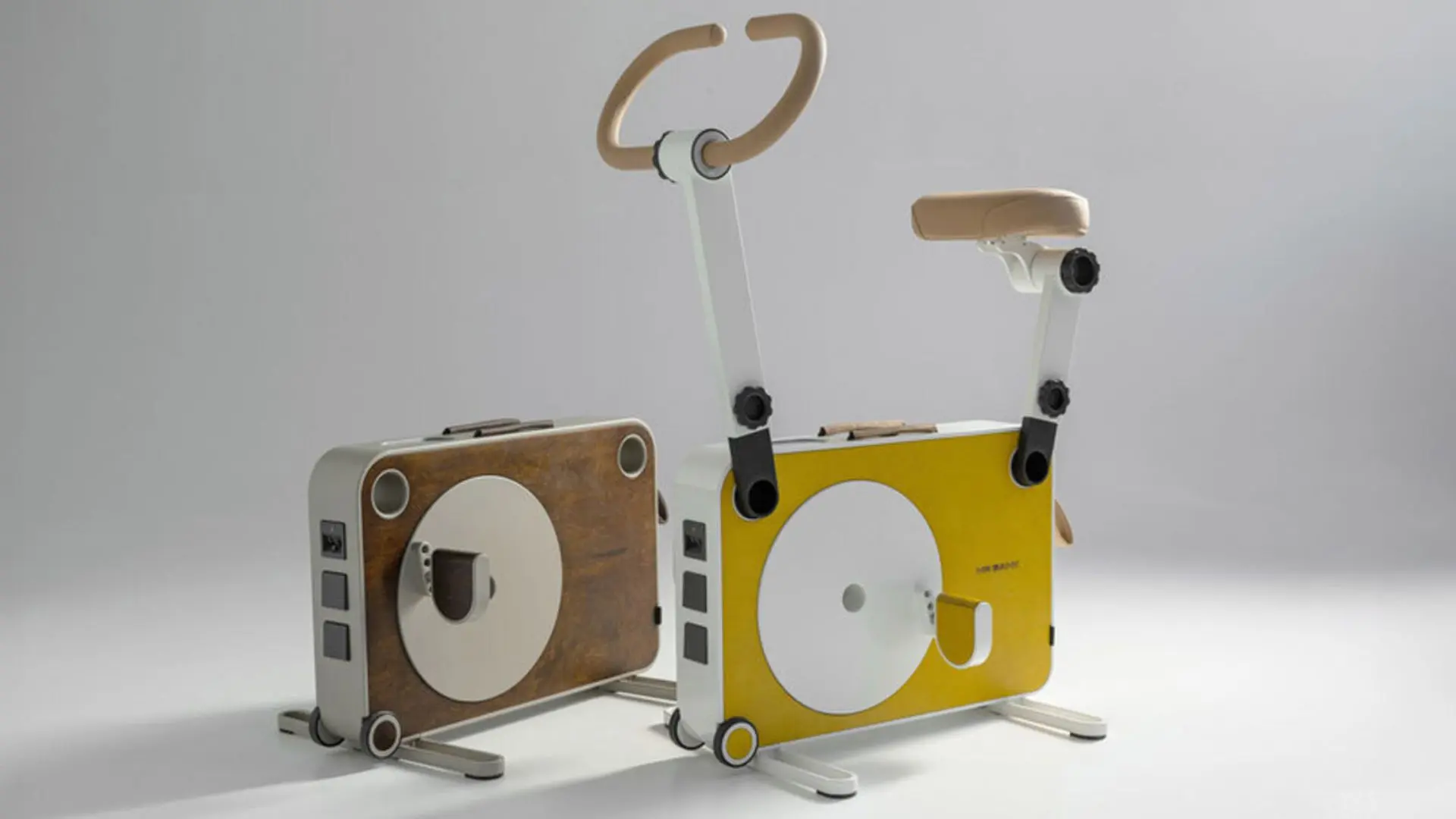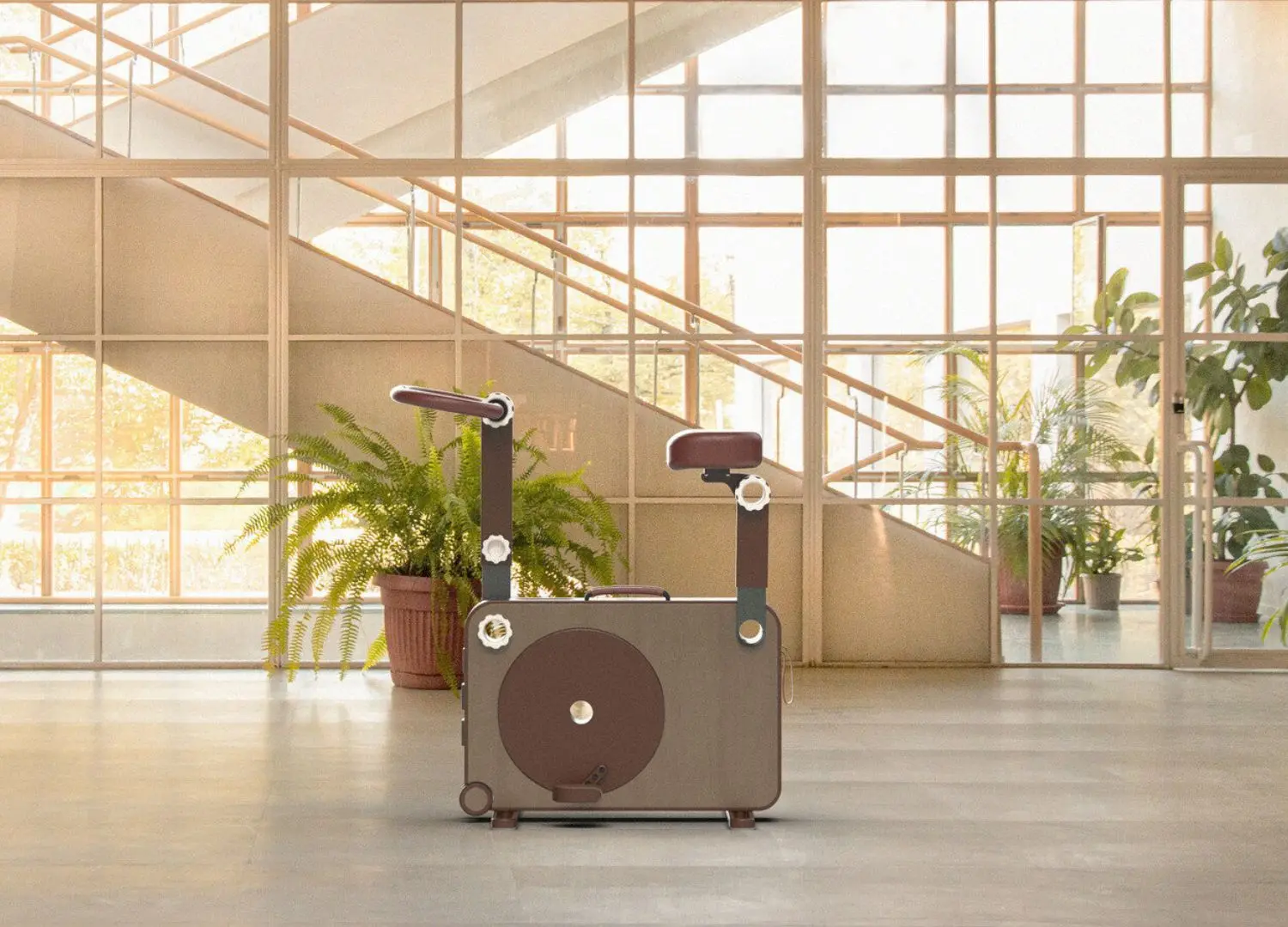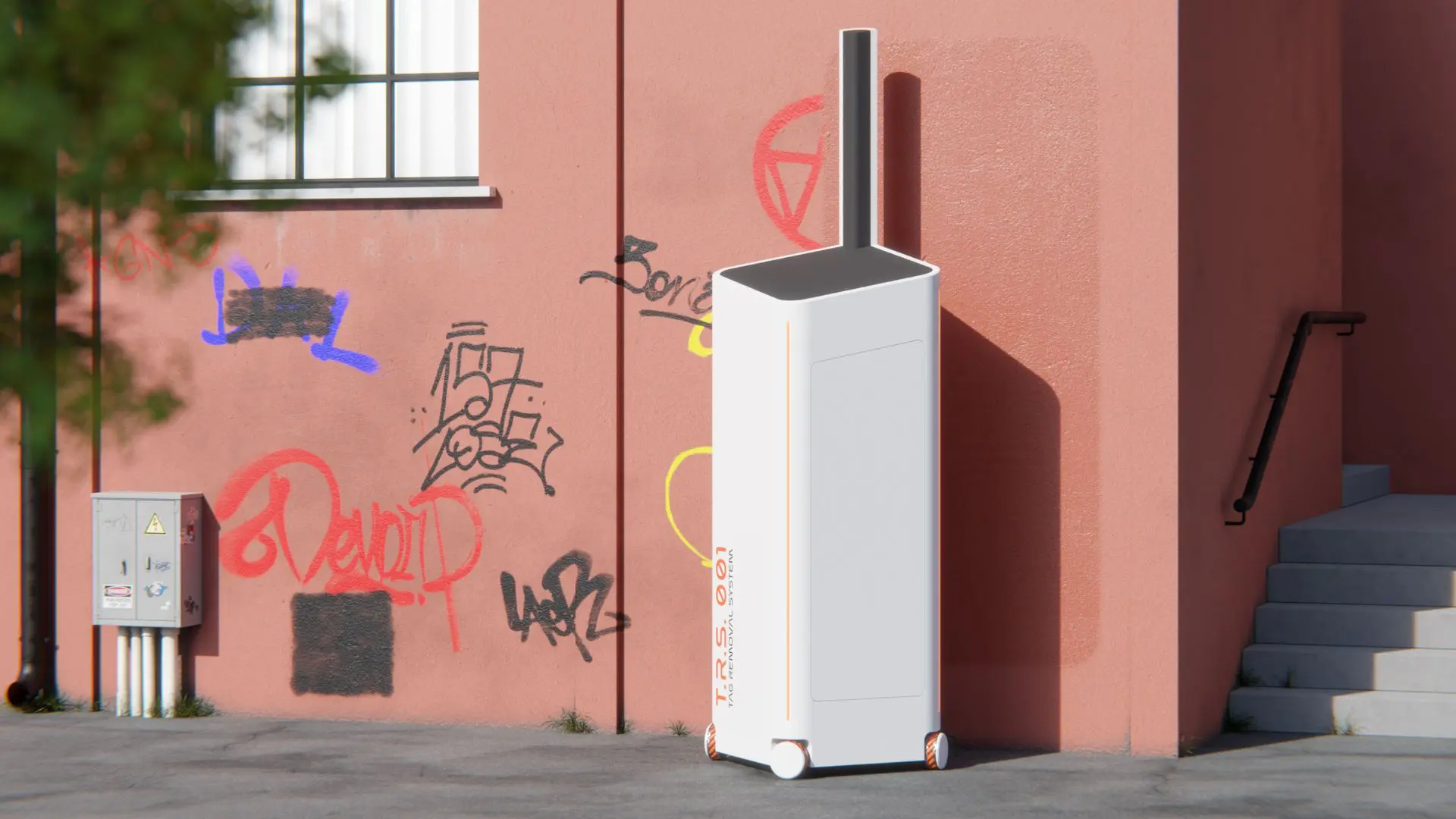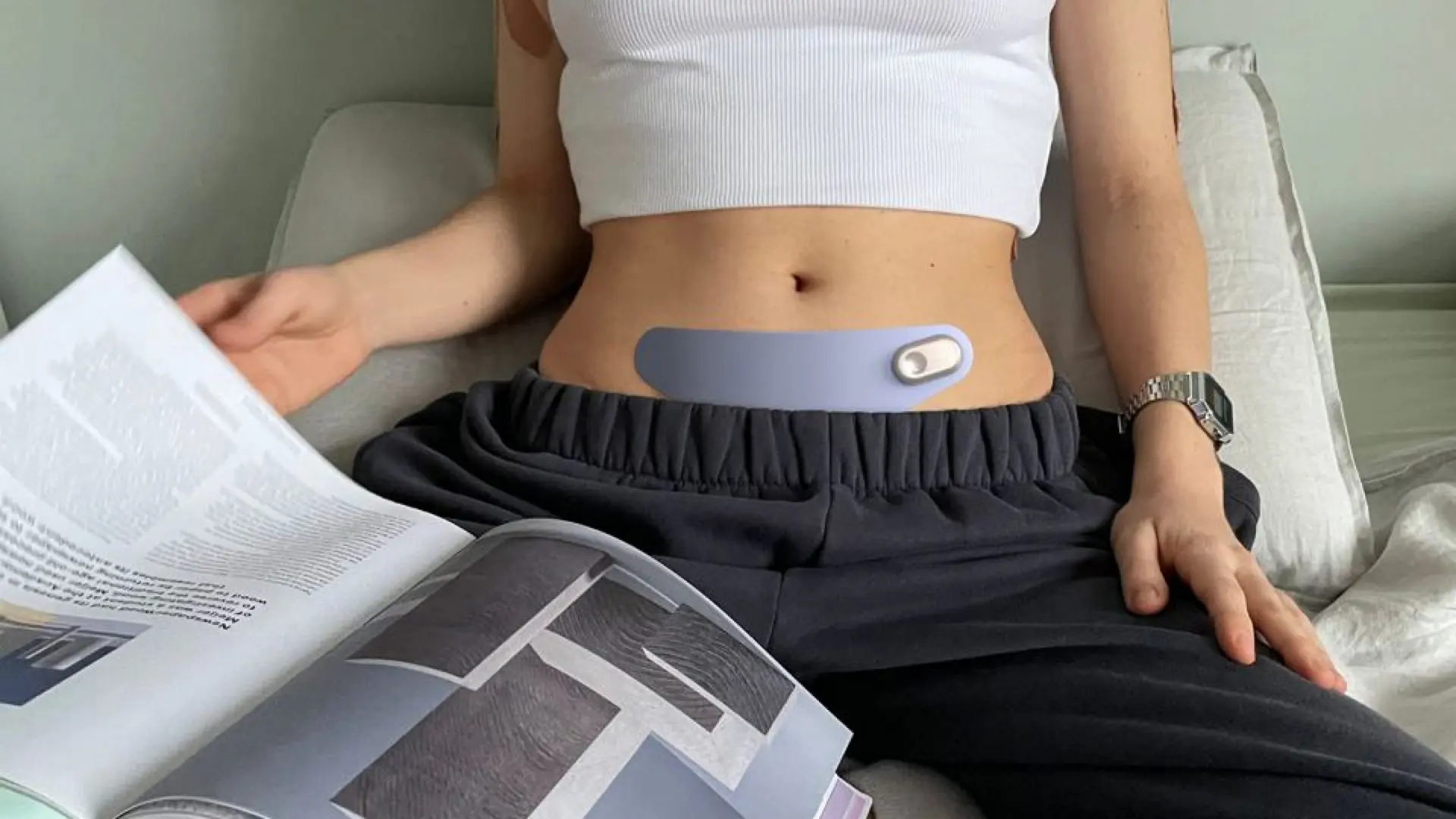Sweat for Watts: A bike that pedals towards energy sufficiency
The HR Bank bike by Tukas EV provides a new way to generate electricity from movement, turning exercise into off-grid power for eco-conscious users.

In a time where sustainability is at the forefront, Lithuanian startup Tukas EV emerges with a noteworthy innovation: an exercise bike that goes beyond just fitness, by converting kinetic energy into electricity. Equipped with a robust 2kWh battery, HR Bank is able to fully charge a smartphone in just 15 minutes, and a laptop in 1 hour of pedaling; as you burn your calories, your devices get their power.
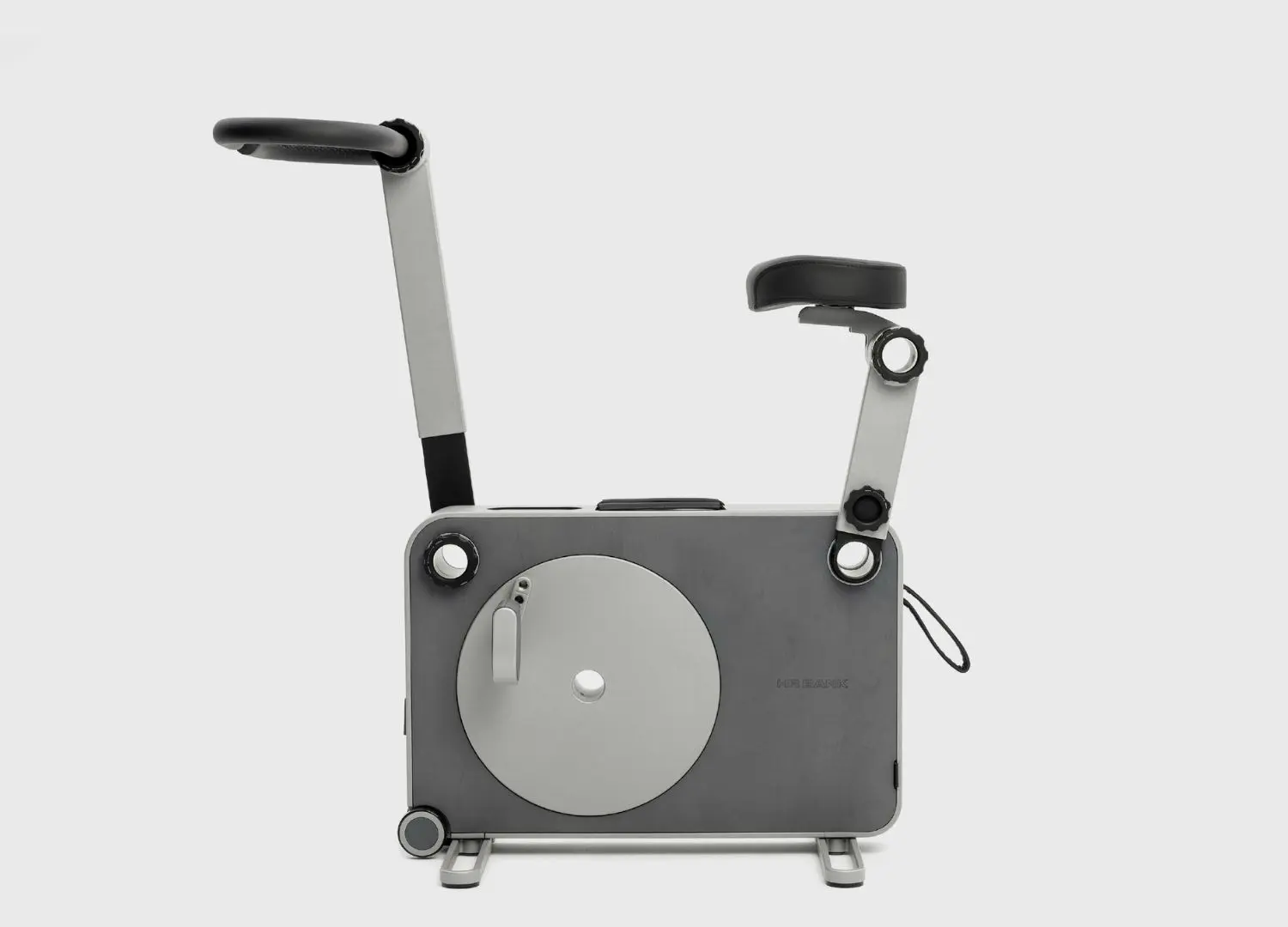
In addition to generating electricity through pedalling, HR Bank also features ports for solar and wind power input, allowing it to integrate with other renewable resources and effectively function as a decentralised micro-grid within the home. This exercise bike is not only a rapid charger, its battery can store enough electricity to keep the light on for a week, or keep the fridge running for 3 days. This positions the project beyond functional wellness devices, but in critical infrastructure, capable of supporting its users in times of crisis, isolation, or simply in pursuit of independence from centralised systems.
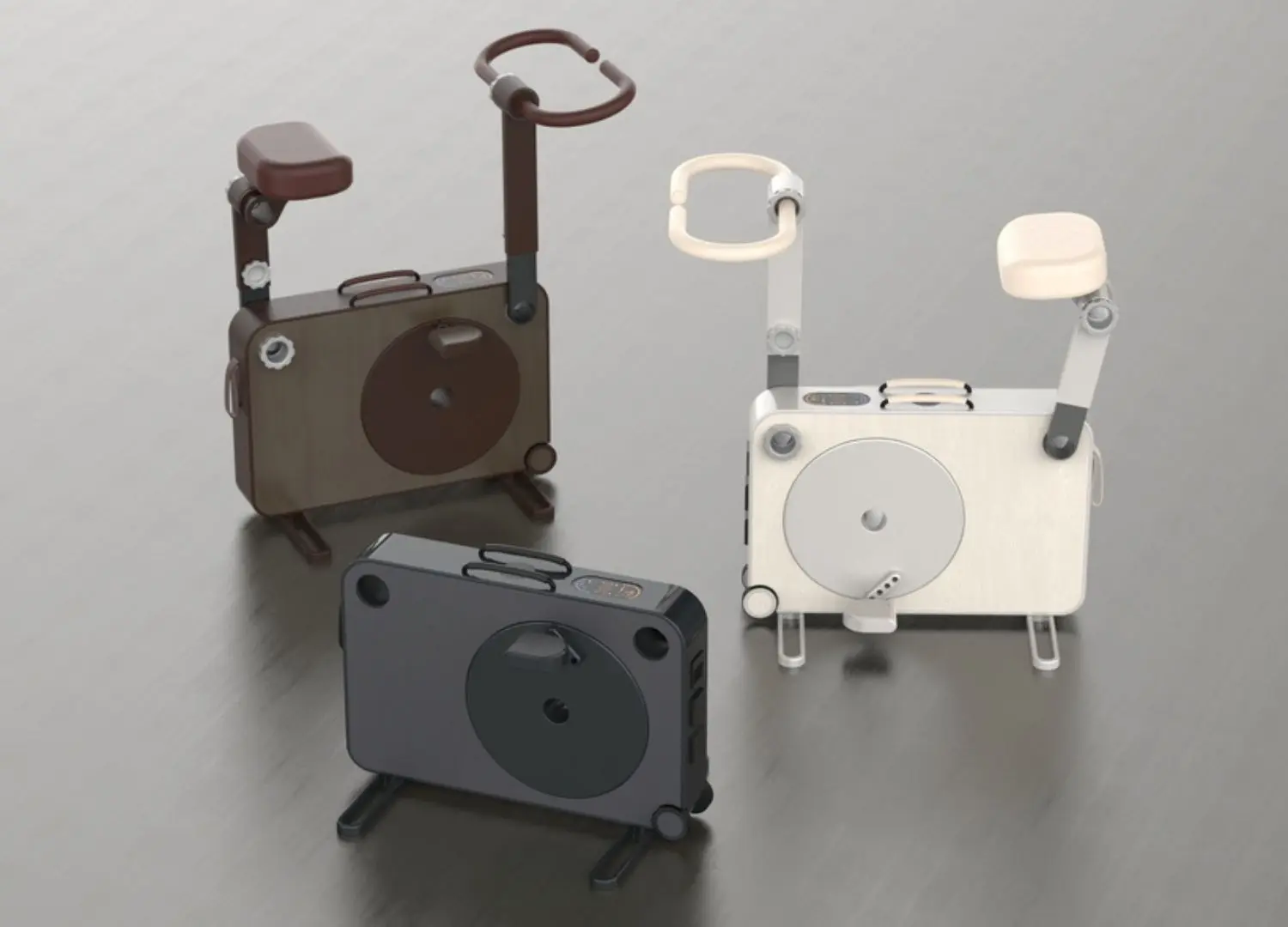
Energy self-sufficiency is becoming an increasingly important topic for many people in the world, who perhaps live in countries that face grid instability, or people who decide to live in remote locations. Think of Spain and Portugal’s nationwide blackout, or the current outages in Nice and Cannes – events that sent even the most developed networks into darkness. HR Bank provides a bottom-up alternative through autonomy against system failures.
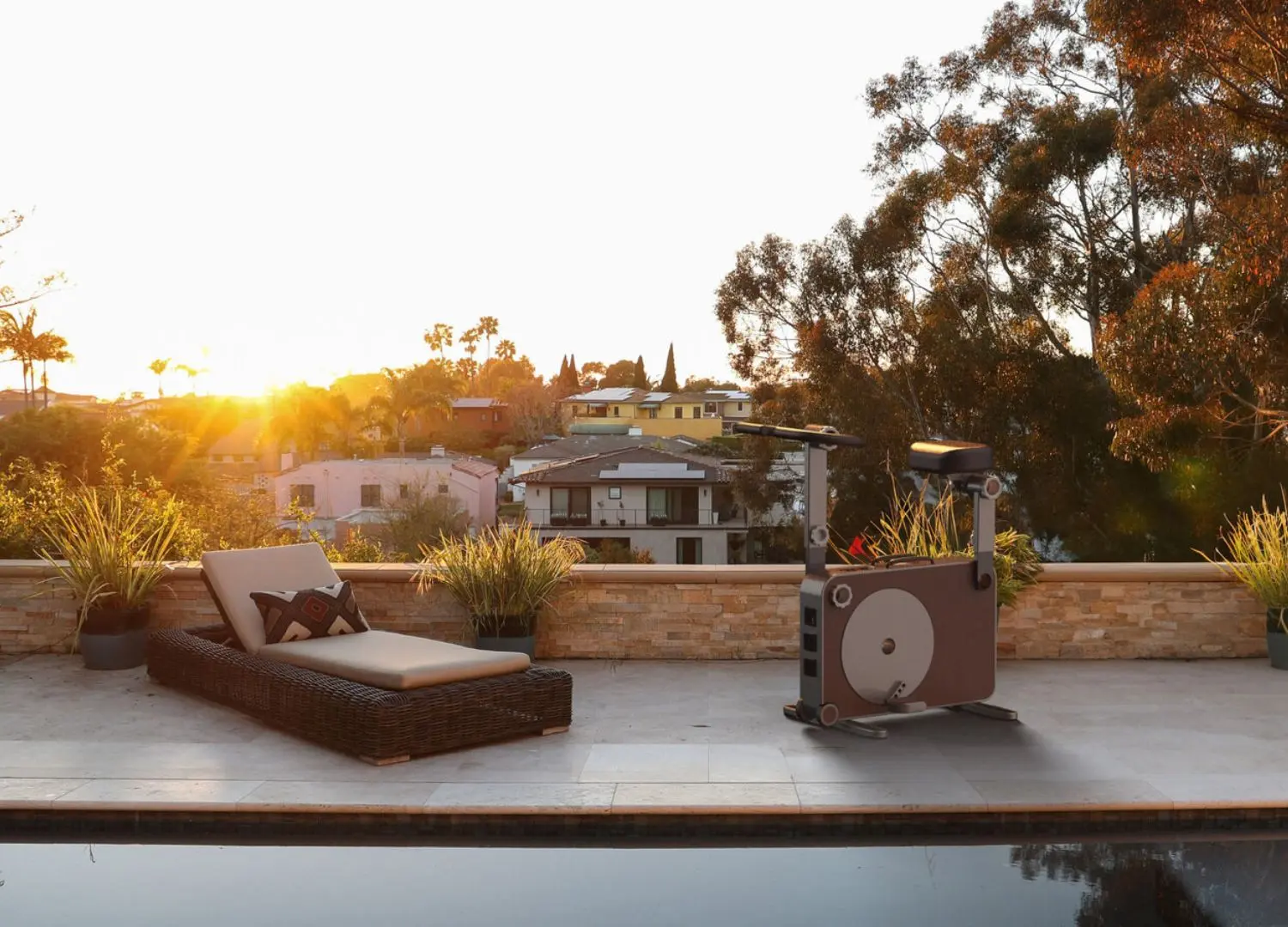
Materiality is another central aspect of the product. The bike is constructed of recycled aluminum, made in Sweden by Norsk Hydro ASA, and FSC-certified birch plywood, which ensures that the wood comes from responsibly managed forests. The leather accents are made of high quality Italian leather by Gruppo Mastrotto, adding a touch of premium to the design. HR Bank’s eco-friendliness does not stop at production, as all the bike’s parts can be separated and recycled, closing the loop at the end of its lifecycle.
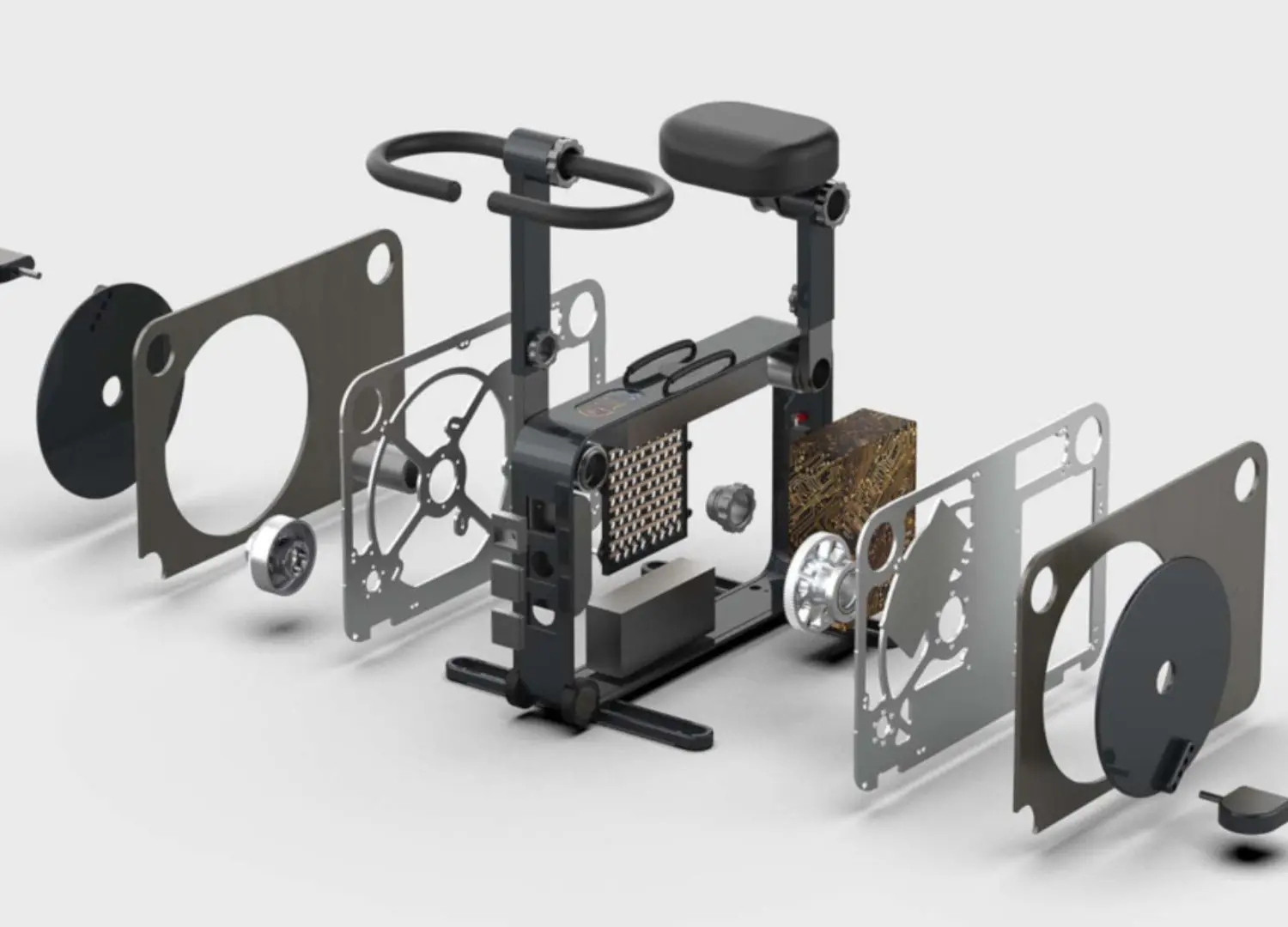
Still being aimed at a luxury market, the product also provides personalisation options for its clientele, for the product to be able to merge seamlessly with any space. The design of the bike is also peculiar, as the user does not have to use it necessarily as a traditional exercise bike but can also separate the pedals from the handlebar – allowing to pedal from the sofa, from a desk, or even lying down.
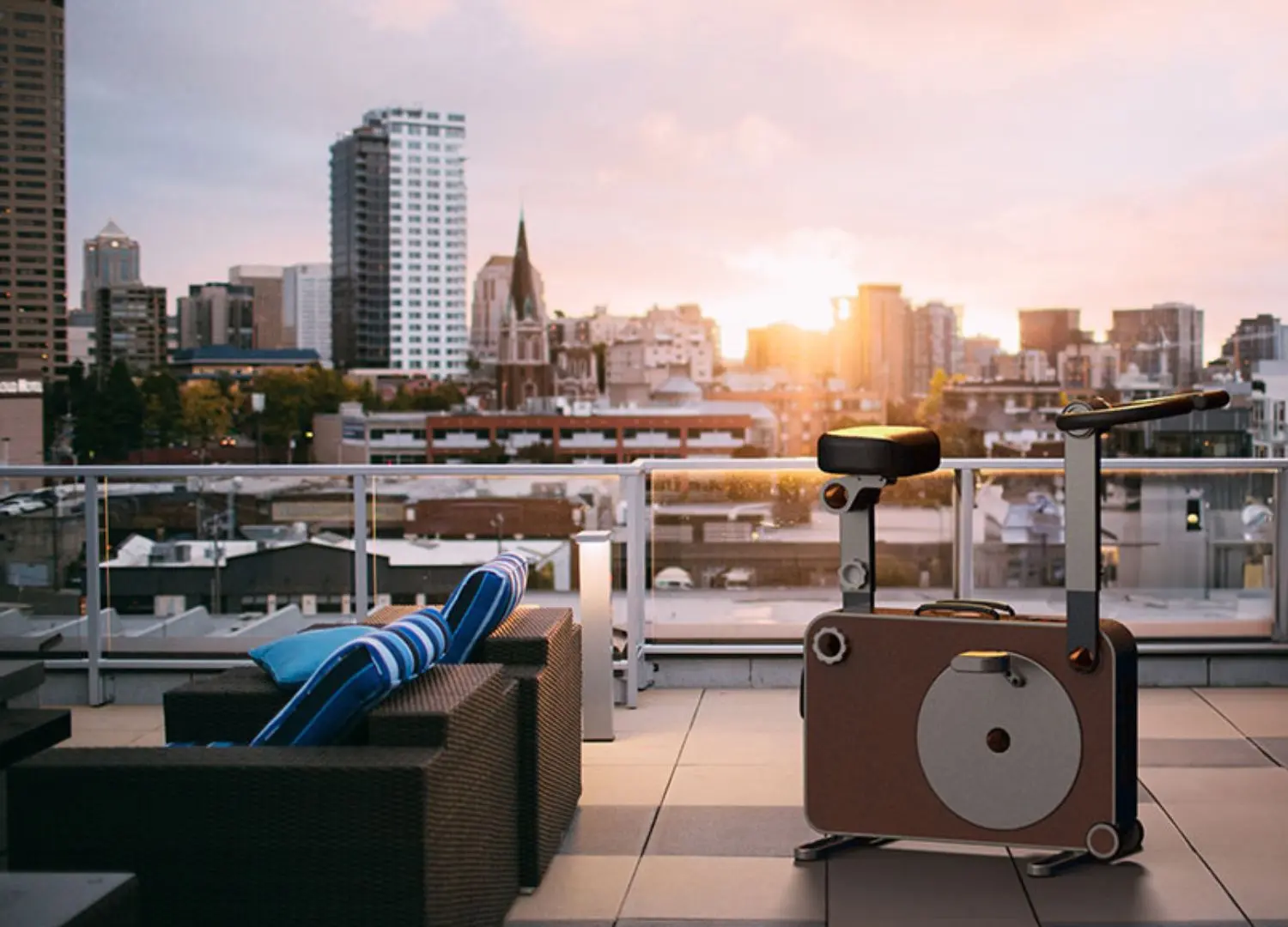
HR Bank speaks to a new kind of luxury: one that is not focused on opulence and flashiness, but on genuine independence, reflecting a shift in contemporary values. Freedom from rising energy bills, volatile infrastructure, and unsustainable extractive systems is truly becoming a new kind of power.


